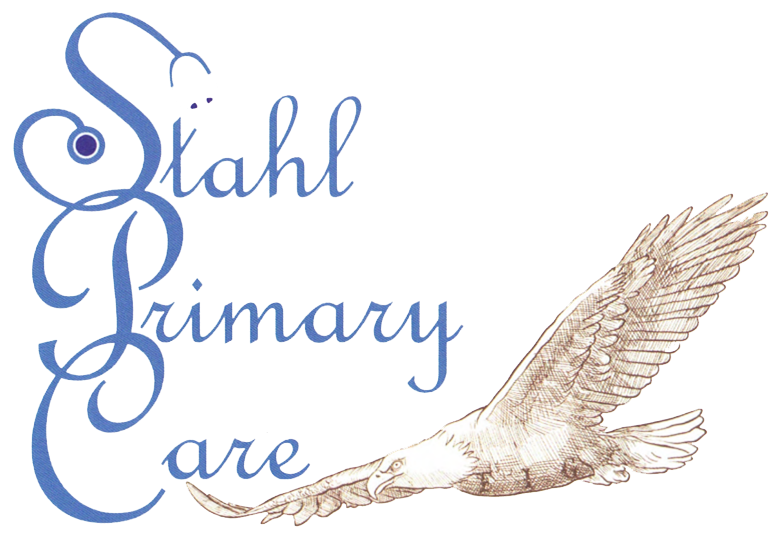high blood pressure
What is high blood pressure?
Blood pressure is a metric that measures how hard the heart must work to circulate blood. The numbers are affected by how much blood the heart pumps and how much resistance there is in the arteries.
When a patient develops high blood pressure, it means two things:
The heart is pumping a large amount of blood at one time
There’s a lot of resistance in the arteries that circulate that blood
Resistance due to narrowing of the arteries makes the heart work harder, and that stress adds up until there’s damage.
Blood pressure is broken down into four categories:
Normal = 120/80
Prehypertension = around 139/89
Stage 1 hypertension = From 140-159/90 to 99
Stage 2 hypertension = 160/100 or higher
What do the numbers mean when taking blood pressure?
The two numbers of a blood pressure reading do mean different things. Blood pressure is the measurement of circulating blood on the walls of blood vessels. The systolic pressure, upper number, is the maximum pressure on the walls during one heartbeat. The diastolic pressure, lower number, is the minimum pressure on the walls during two heart beats. Both numbers are significant — especially as patients get older — because they’re influenced by:
Cardiac output
Total peripheral resistance
Arterial stiffness
These are all indicators of general cardiac health.
What causes high blood pressure?
Most of the time there’s no underlying cause for hypertension. This is a condition known as primary, or essential, hypertension. It’s age-related, so it develops gradually over the years.
Secondary hypertension refers to high blood pressure with a known underlying cause such as thyroid disease, sleep apnea, or kidney problems. In some cases, medication can lead to secondary hypertension.
There are some risk factors to keep in mind for high blood pressure, though, including:
Age
Race
Family history
Weight
Physical activity
Smoking
Salt intake
Potassium intake
Alcohol intake
Low vitamin D
Having any one of these increases the patient’s risk of developing essential hypertension.
What is the treatment for high blood pressure?
The best treatment is prevention, meaning making lifestyle choices that reduce risk like eating a low-fat, low-salt diet and exercising regularly. If a patient does develop high blood pressure, Dr. Stahl will attempt to manage it by helping them implement healthy life habits and through drug therapy.
